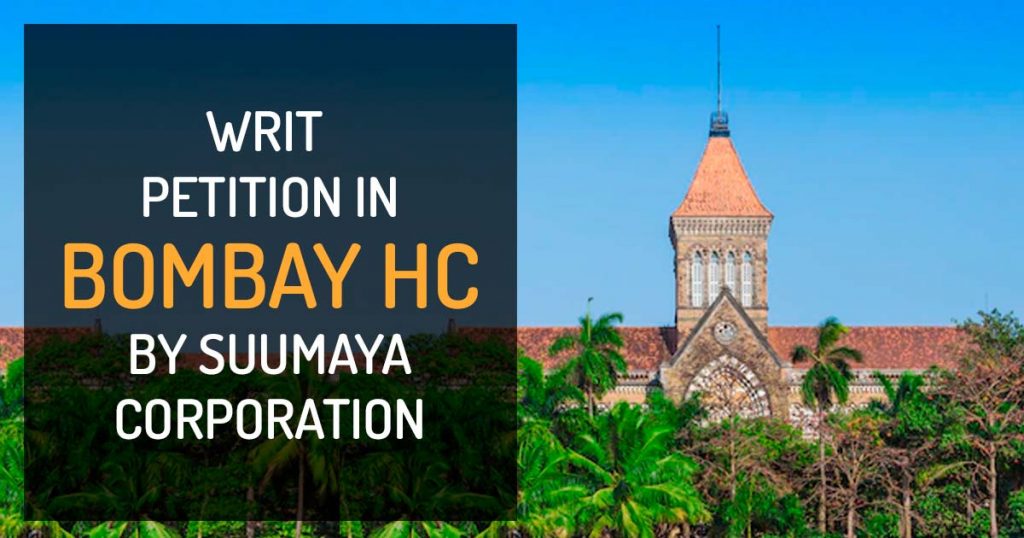
BSE listed company Suumaya Corporation, take the government along with the indirect tax council to court for the same tax demands by the state and the central GST departments.
The company, used to furnish the writ petition in the Bombay High Court, mentioned that they have previously furnished the GST to the state, however, the central GST council has allocated a summons to its managing director and urged for the investigation of tax and demand.
Bombay high court specified that no need is there for the managing director to honor the summons by the central GST.
As the applicant’s Managing director was given a summon to appear the high court mentioned that despite he answered the summons he would not need to do that as he does not say to be a competent person.
Tax experts mentioned that the company has challenged the power of central GST heads to issue the summons. He said this as the power on the basis of the state GST authority has been already restricted the usage of the ITC to the tune of INR 1.57 crore.
The company indeed challenged the provided summons which has been issued to its managing director. The managing director of the applicant might not be the competent witness. The group chief finance officer might be requested to arrive in front of the authorities in answer to the summons.
There are various industry trackers who in the former times raised the subject of taxes through various state GST councils. “In many cases, state authorities have challenged the transactions of companies over where the GST should have been paid.”
The companies are needed to enroll themselves under the GST compliance within every state separately in which the companies are running their operations. The tax is to be furnished in which the consumption truly occurs. The GST is to be divided in the way that a portion of the tax gets collected by the state heads while the other portion is to be collected by the central tax heads.
The tax experts seek the time to furnish the answer to the writ petition “We grant the respondents (government, tax department) four weeks’ time to file an affidavit in reply, which shall be served upon the petitioner’s advocate simultaneously, the court stated.”









